Nikki Gemmell
Nikki, thank you for agreeing to an interview about your latest book After.
I must say I took up this book with a degree of trepidation, having recently lost someone very dear, but I found the act of reading your book was therapeutic. Was this the intention behind writing it – consolation, or even catharsis, for you and possibly also for the reader?
Yes indeed. I write to understand, to ask questions; to have them answered if I can, but perhaps not. It’s the journey that’s important. I was presented with the mystery of my mother’s death, and was questioned by police for possible collusion. The novelist in me wanted to unravel the circumstances of my mum’s death before they did. I wrote my way out of grief, and found a firm footing in the world again through the writing process. I was broken and lost for a good while there. Writing got me through it. Many readers have said the book helped them. Again and again I’ve been hearing people say they just had to ring their own mothers as they were reading After. I love that.
You are such an accomplished writer. The first thing that struck me about this book is that the writing is poetic. Having read the first few pages, I could not put the book down. The beauty of the prose somehow counterpointed the seriousness of the topic. Can you tell us a bit about how you craft your work?
I am an avid re-writer, never satisfied. Poetry is my tuning fork. I write draft after draft, constantly honing. No matter how challenging the topic I want beauty in my writing.
You have certainly achieved that. In the book you ask, “What is a good death?” This theme appears to be central to your book. Can you please expand on what you mean by this?
What is an empowered death, a death of control and choice in this swirl of questioning over possible Euthanasia laws in this country right now.
This is an intensely personal account. You seem to argue that when someone dies the people who are left behind are the ones that carry the burden of the death. Am I correct in assuming this, especially referring to the death of your mother?
Isn’t this always the case when someone close to you dies?
Nikki, it is terrific that you have decided to support the Festival so fully again this year. Looking at the program, we will hear from you as a panel member as well as in a session exclusively devoted to your new book. Can you tell us whether you approach these roles differently and how you prepare for them?
I go into any event expecting to have a wonderful conversation. Sometimes I jot down things I’ve learnt myself, from the stage, because it’s so juicily good from the other guests. That’s the beauty of a festival.
Thank you Nikki. We are looking forward to hearing you speak at the St Albans Writers’ Festival.


